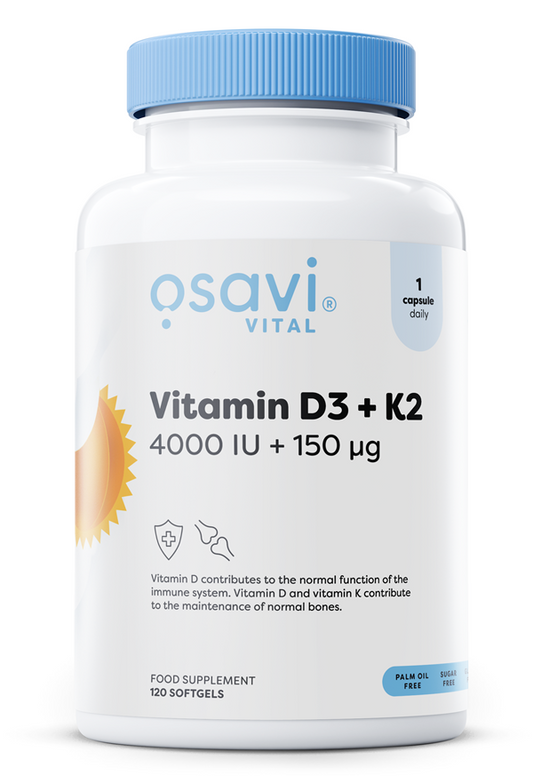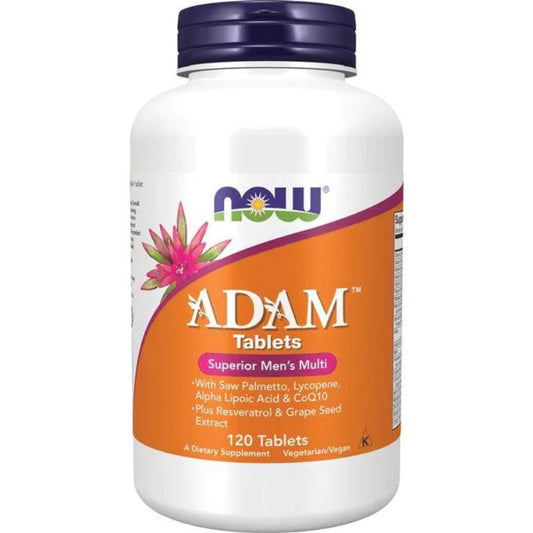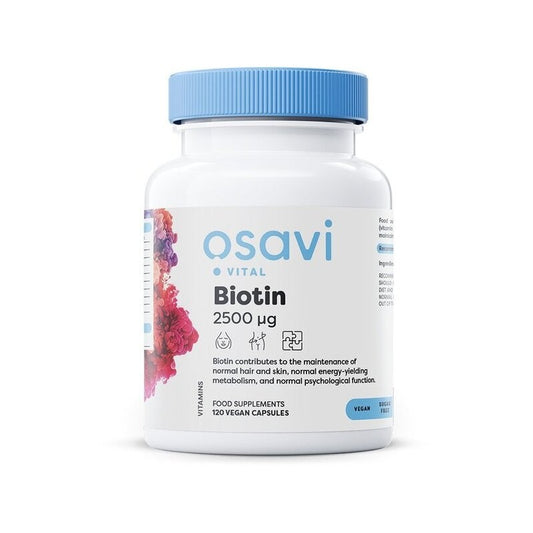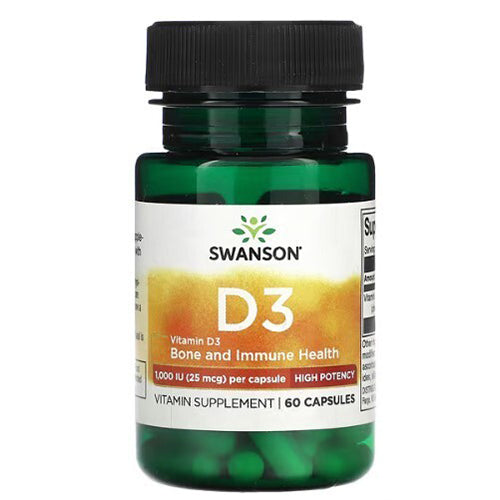
Cosmetics and Skin Health: How to Support Your Skin Naturally
Jakub SkibaHealthy, radiant skin begins with understanding how cosmetics interact with the body’s largest organ — your skin. Every cosmetic you apply, from moisturizer to foundation, plays a role in how your skin feels, functions, and appears. While many people think of cosmetics as purely aesthetic, modern formulations are increasingly developed to nurture and support skin health. The goal is not only to enhance appearance but also to promote balance, hydration, and protection.
Your skin faces daily exposure to environmental stressors such as sunlight, pollution, and fluctuating humidity. These factors can contribute to dryness, dullness, and uneven texture over time. High-quality cosmetics enriched with hydrating agents, antioxidants, and barrier-supporting lipids can help maintain comfort and resilience against these elements. For instance, moisturizers containing hyaluronic acid and ceramides can help retain water within the skin’s layers, while antioxidants like vitamins C and E assist in shielding it from environmental oxidative stress.
Choosing the right cosmetic products is not just about achieving a certain look — it’s about creating a routine that supports the skin’s natural defense and renewal processes. Ingredients matter more than labels. Products formulated with skin-friendly compounds such as niacinamide, squalane, or panthenol can improve the way your skin feels day-to-day, enhancing its softness and smoothness without disrupting its natural barrier. Ultimately, cosmetics should work with your skin, not against it. When selected thoughtfully, they can do more than beautify — they can help your skin stay hydrated, balanced, and radiant, contributing to a healthy, confident glow that lasts.
How Cosmetics Affect Skin Health
Cosmetics form a thin, protective layer on the skin, influencing hydration, pH balance, and surface texture. They can help prevent moisture loss, protect against external pollutants, and improve comfort throughout the day. Ingredients such as emollients (like shea butter or squalane) smooth the skin’s surface, while humectants (like glycerin and hyaluronic acid) attract and retain moisture. When combined, these components help support the skin’s natural barrier and leave it feeling supple and smooth.
However, not all cosmetics benefit the skin equally. Some formulations include fragrances, alcohols, or harsh preservatives that may disrupt the skin barrier and cause dryness or sensitivity. Understanding your skin type — whether dry, oily, combination, or sensitive — helps you choose products that complement your individual needs.
Cosmetic Ingredients That Support Skin
Modern skincare and cosmetics use a variety of active and supportive ingredients to enhance both texture and comfort. Some key components include:
-
Hyaluronic Acid: A powerful humectant that attracts moisture, helping skin appear plumper and more hydrated.
-
Ceramides: Lipid molecules that help reinforce the skin barrier, reducing moisture loss.
-
Niacinamide (Vitamin B3): Known for improving the look of uneven tone and supporting the skin’s natural strength.
-
Vitamin C and E: Antioxidants that protect from environmental stressors and help brighten the complexion.
-
Squalane: A lightweight emollient derived from plants that softens and smooths skin.
-
Panthenol (Provitamin B5): Helps maintain moisture balance and supports soft, flexible skin.
-
Peptides: Short chains of amino acids that support skin’s smooth appearance and texture.
These ingredients are often found in modern moisturizers, primers, tinted creams, and serums designed to provide both aesthetic and skin-friendly benefits.
Ingredients to Use with Caution
While many cosmetics are formulated with care, some may contain ingredients that can irritate or dehydrate the skin over time. It’s helpful to read labels and use products that align with your skin’s tolerance.
-
Denatured Alcohols: May cause dryness in sensitive skin.
-
Fragrances and Essential Oils: Can trigger irritation or redness in reactive skin types.
-
Harsh Scrubs: Physical exfoliants with large particles may cause microtears in the skin surface.
-
Comedogenic Oils: Ingredients like coconut oil may clog pores for some individuals.
When possible, choose products labeled as fragrance-free, non-comedogenic, or dermatologist-tested for sensitive skin.
If you're looking for cosmetics that combine aesthetic appeal with skin-friendly formulations, one example is Jarc’y Cosmetics, a brand that offers lipsticks made with natural, nourishing ingredients - check out their website: https://jarcycosmetics.com/collections/lip-oils
Building a Skin-Friendly Cosmetic Routine
-
Cleanse Gently: Use a mild cleanser that removes makeup and impurities without stripping the skin.
-
Hydrate First: Apply moisturizer before foundation or concealer to support smooth application and long-lasting comfort.
-
Use Sun Protection: Daily sunscreen or SPF-containing cosmetics help prevent dryness and maintain even tone.
-
Layer Wisely: Start with lighter, water-based products and finish with richer creams or makeup.
-
Remove Makeup Carefully: Always take off cosmetics before bed to let your skin breathe and renew overnight.
The Role of Lifestyle in Skin Appearance
Even the best cosmetics work best when combined with healthy daily habits. Staying hydrated, eating a balanced diet rich in fruits, vegetables, and healthy fats, and getting regular rest all contribute to how your skin looks and feels. Cosmetics enhance your natural beauty — but your lifestyle supports it from within.










